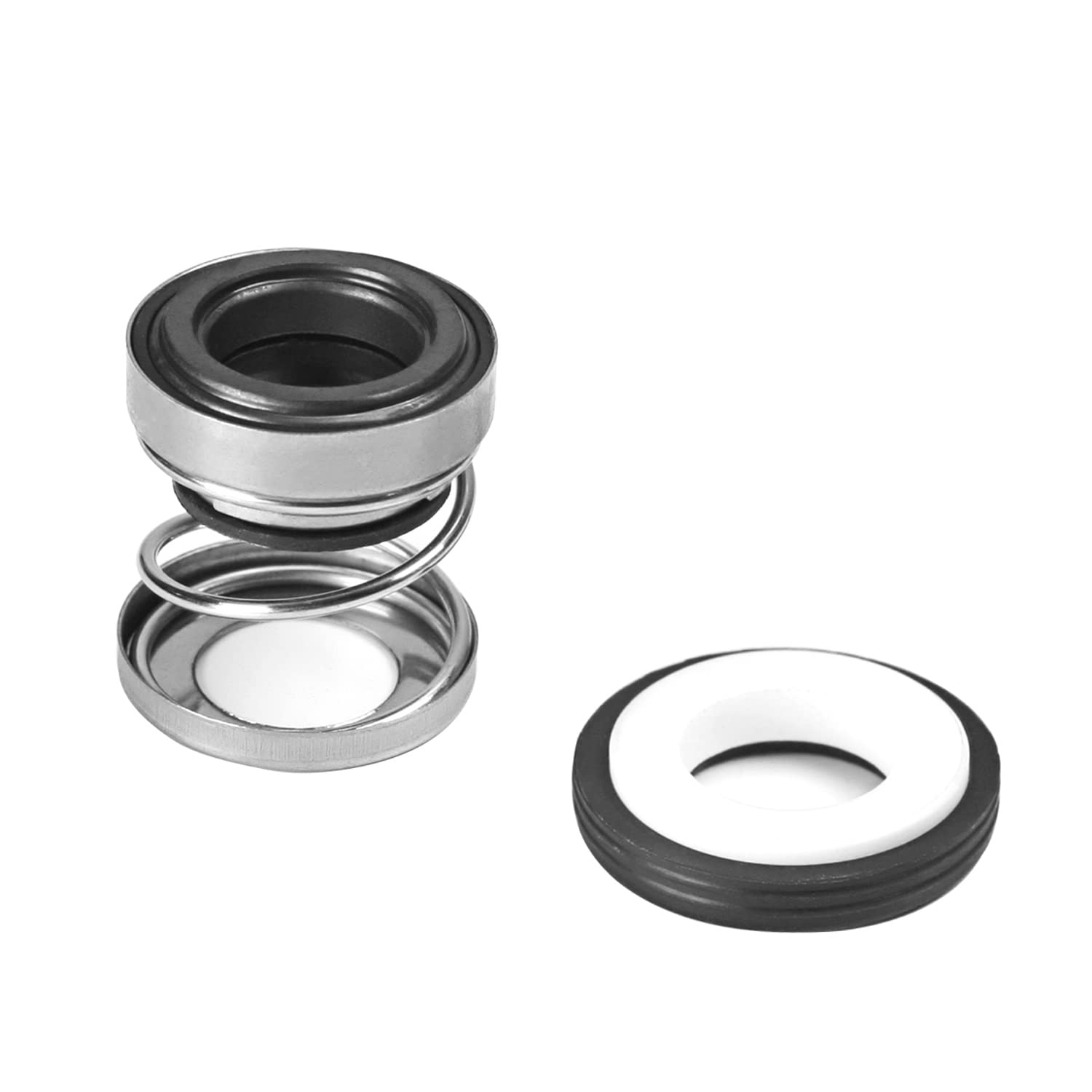When it comes to sealing rotating equipment, two common options are mechanical seals and pump seals. Both types of seals serve the same purpose of preventing fluid leakage from the equipment, but they differ in their design, application, and performance. In this article, we will compare mechanical seals and pump seals to help you determine which one is better for your specific application.
Mechanical Seals
Mechanical seals are widely used in various industries, including chemical, oil and gas, and water treatment. They consist of two main components: a rotating element and a stationary element. The rotating element is attached to the shaft of the equipment, while the stationary element is mounted on the equipment housing. The two elements are held together by a spring and a set of secondary seals, creating a tight seal that prevents fluid leakage.
Mechanical seals offer several advantages over pump seals. They provide better sealing performance, higher reliability, and longer service life. They can also handle a wider range of operating conditions, including high temperatures, high pressures, and corrosive fluids. However, mechanical seals are more complex and expensive than pump seals, and they require more maintenance and expertise to install and operate.
Pump Seals
Pump seals, also known as gland packing or stuffing box seals, are simpler and less expensive than mechanical seals. They consist of a packing material, such as braided graphite or PTFE, that is compressed around the shaft of the equipment to create a seal. Pump seals are commonly used in low-pressure and low-temperature applications, such as water pumps and air compressors.
Pump seals have some advantages over mechanical seals. They are easier to install and maintain, and they can handle some degree of shaft misalignment and vibration. However, pump seals have some limitations in terms of sealing performance and service life. They are prone to wear and leakage over time, especially in harsh operating conditions.
Which One is Better?
The choice between mechanical seals and pump seals depends on several factors, such as the type of equipment, the operating conditions, and the required sealing performance. In general, mechanical seals are preferred for high-performance and critical applications, where reliability and longevity are essential. Pump seals are suitable for low-pressure and low-temperature applications, where simplicity and cost-effectiveness are more important.
In conclusion, both mechanical seals and pump seals have their pros and cons, and the best choice depends on the specific needs and constraints of each application. By understanding the differences between these two types of seals, you can make an informed decision and ensure optimal sealing performance and efficiency for your equipment.

